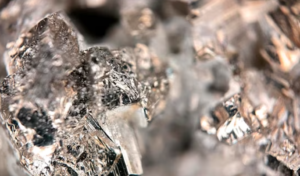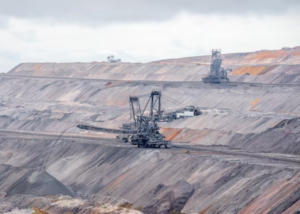#EUTrade #ForcedLabour #CriticalMinerals #USCleanVehicle #InflationReductionAct #LabourRights #EUForcedLabourLaw #EUGreenDeal
The European Union is on the verge of embracing new rules designed to combat the scourge of forced labour within the production of goods. This move, as emphasized by EU’s trade chief Valdis Dombrovskis, could pave the way for finalizing a crucial minerals agreement with the United States. The heart of this potential deal centers on enabling critical minerals — mined or processed in Europe — to meet the eligibility criteria for tax incentives offered by the U.S. under its ambitious Inflation Reduction Act (IRA), aimed at fostering clean vehicle adoption.
Despite efforts, the recent Trade and Technology Council meeting, a two-day affair, concluded without the sealing of this anticipated agreement. At the core of the negotiations is a divergence over labour standards, particularly the U.S.’s insistence on the right to perform inspections at the mining and processing sites in Europe, to assure these standards are maintained.
Dombrovskis maintained an optimistic outlook, suggesting that the ongoing talks were making headway. He posited the realistic prospect of reaching a deal within the year, buoyed by a shared commitment between the EU and the U.S. towards labor rights and the eradication of forced labour practices.
The upcoming EU legislation on forced labour appears to not only align with these shared values but also opens new avenues in the negotiation process, aiming to integrate this critical aspect into the legal frameworks of both entities. Set to be enacted this year, the EU’s forced labour law is poised to usher in a stringent regime against products tied to forced labour, empowering the European Commission to lead inquiries beyond EU shores, while national bodies will oversee internal investigations. Confirmed infractions will lead to product withdrawals from the market.
Though the monetary significance of an eventual minerals agreement — potentially encompassing cobalt, graphite, lithium, manganese, and nickel — may not be monumental, given the EU’s limited mining and processing footprint, the strategic value is undeniable. Such an agreement would not only fortify the EU’s green and digital transition but also elevate its standing within global supply chains, signaling a pivotal shift to industries and putting the EU on par with other key U.S. partners like Canada and Mexico.







Comments are closed.